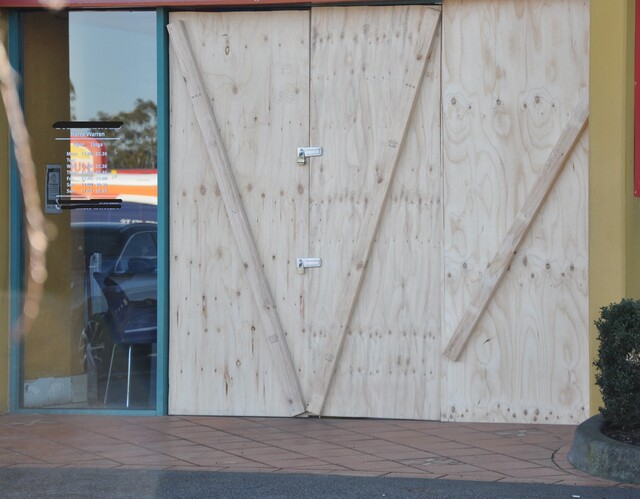Casey-based drivers received the highest number of toll fines across the state during the last 12 months, according to freedom of information (FOI) data obtained by the Peninsula Community Legal Centre.
According to the PCLC, about 40 per cent of the state’s road tolls were issued to South East residents, with Casey-based drivers receiving the most with 35,246 fines, followed by Frankston with 16,714, Dandenong with 15,434, Mornington Peninsula with 12,754 and Cardinia with 9046.
PCLC chief executive Jackie Galloway said the centre was concerned about the impact the fines would continue to have on vulnerable people who are already struggling due to the ongoing cost of living and housing crisis.
“The areas in our catchment where the highest numbers of fines were issued last year also have some of the most disadvantaged postcodes in the state,” she said.
“This means our fines team is seeing an increase in the number of people who are already struggling to put food on the table and pay their rent who simply don’t have sufficient funds to pay their fines, even though they want to do the right thing.”
In the year to July 2023, more than two-thirds of the clients who sought help via PCLC’s fines clinic were experiencing financial disadvantage, while about 50 per cent had a disability and/or mental health issues.
According to PCLC, their clients’ average fine debt was $13,000, while some clients had as much as $70,000 worth of fine debt.
According to Fines Victoria’s data, the value of toll infringements at the enforcement stage in PCLC’s catchment area in the South East for the 2022/23 financial year was close to $30 million.
Ms Galloway said the government needed to look at ways to better support people who were unable to pay off their fines in a timely manner.
“We are particularly concerned about the fact that the fines system is a common entry point into the criminal justice system for vulnerable people who are not trying to avoid their fines, but who simply do not have the means to pay,” she said.
“There is an urgent need for the government to help these people pay off their fines in other ways, rather than crippling them with life-long debt and the threat of criminal sanctions.”
Fines Victoria has operated the Work and Development Permit (WDP) scheme since 2017, which aims to help vulnerable people pay off their fines.
The scheme has allowed people to work off their fine debt via a number of therapeutic programs, including financial counselling, educational and vocational courses, treatment by a health practitioner, volunteering, and drug and alcohol counselling.
PCLC has been supporting the scheme since 2019 with a special project using funding from the Victorian Legal Services Board to make the scheme more accessible.
However, Ms Galloway said they were concerned the scheme was failing to adequately support vulnerable people in the metro South East region.
“In our view, the WDP scheme is at risk of stalling just at the time when it is needed most,” she said.
“A comparison with the system in NSW, which the Victorian system was modelled on, starkly illustrates the problems.
“In the 2021/2022 financial year in NSW there were 29,508 WDPs issued to work off fines to the value of $44,200,000, while in the same period in Victoria, only 1504 WDPs were completed to work off $3,504,758 worth of debt.”
To be eligible for a WDP, one must have, or be experiencing a mental or intellectual disability, disorder or illness; an addiction to drugs, alcohol or a volatile substance; homelessness; family violence; or acute financial hardship.
The WDP scheme allows a person’s sponsor to choose the treatment and/or activities which would be best suited to them and keep records of their participation.
Ms Galloway with the number of accredited sponsors falling severely short of demand, the scheme could not begin to meet the needs of those seeking support.
“The fines enforcement system is ineffective and disproportionately burdensome for vulnerable members of the community who find it impossible to pay their fines,” she said.
“It is also very costly for government.
“We are calling on the Victorian government to invest more resources into the WDP scheme to provide better access for vulnerable Victorians to reduce their fines debt and remove them from the enforcement system, while still maintaining the deterrence and reduction of reoffending.”
FOr more information, about how to access the WDP scheme through the PCLC fines team, phone 9783 3600.







